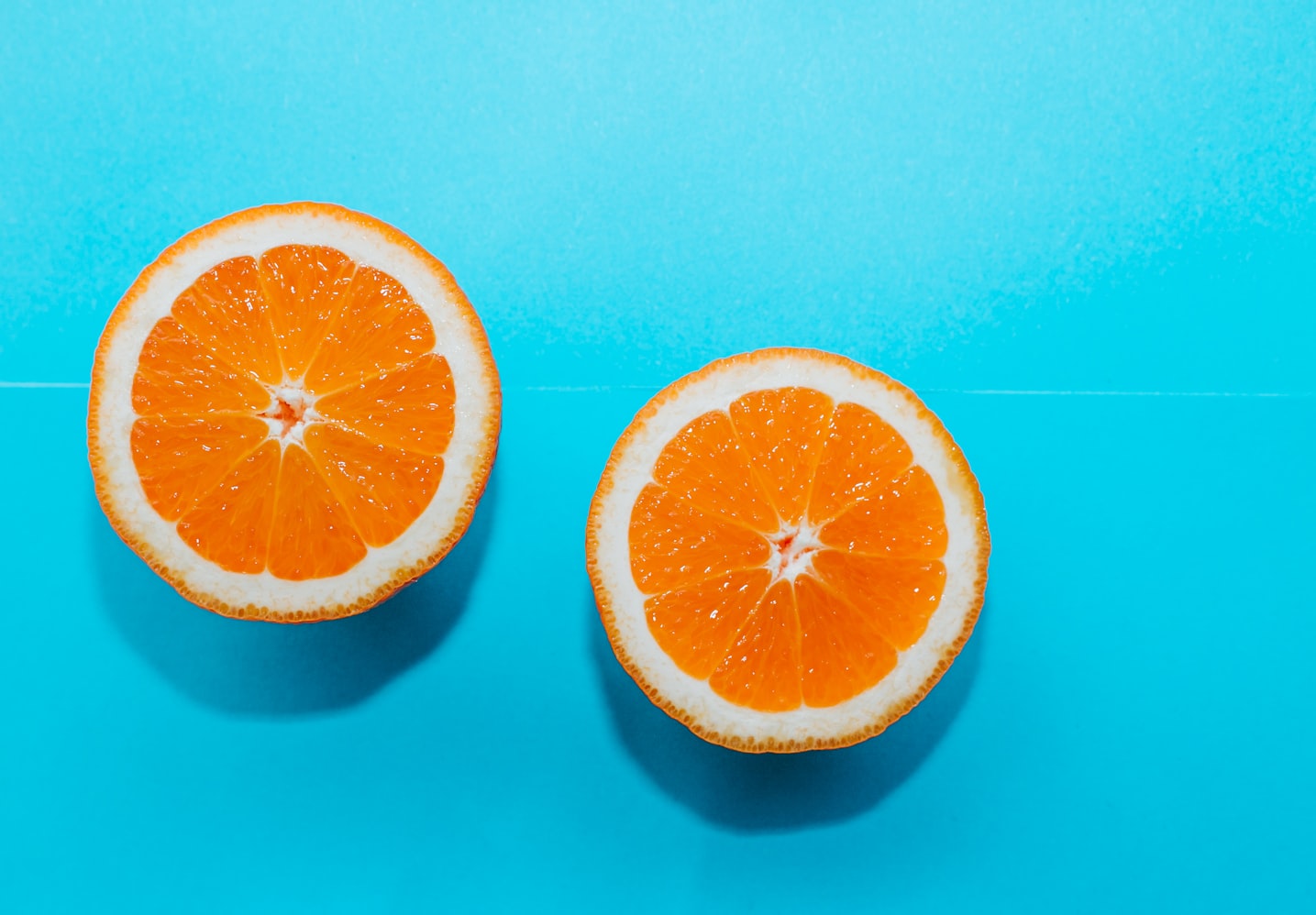Best Keto Electrolyte: The Key to Maintaining Balance on a Ketogenic Diet
Following a ketogenic diet can be a transformative experience for many individuals seeking to improve their health and lose weight. However, one common challenge faced by those on a keto diet is maintaining proper electrolyte balance. Electrolytes are essential minerals that play a crucial role in various bodily functions, including nerve and muscle function, hydration, and maintaining pH levels. In this article, we will explore the importance of electrolytes on a ketogenic diet and provide insights into the best keto electrolyte options available.
The Importance of Electrolytes on a Ketogenic Diet
When you transition to a ketogenic diet, your body undergoes significant changes. As you restrict carbohydrates, your insulin levels decrease, leading to a reduction in water retention. This initial water loss can result in a rapid decrease in electrolyte levels, which can lead to symptoms commonly known as the “keto flu.” These symptoms may include fatigue, muscle cramps, headaches, and dizziness.
Electrolytes, such as sodium, potassium, and magnesium, are crucial for maintaining proper hydration and supporting various bodily functions. On a ketogenic diet, it is essential to replenish these electrolytes to avoid imbalances and alleviate the symptoms of the keto flu.
The Best Keto Electrolyte Options
1. Sodium: Sodium is a vital electrolyte that is often restricted in conventional diets due to its association with high blood pressure. However, on a ketogenic diet, sodium intake becomes even more critical. Increasing your sodium intake can help prevent dehydration and maintain proper fluid balance. Good sources of sodium include sea salt, Himalayan salt, and bone broth.
2. Potassium: Potassium is another essential electrolyte that plays a crucial role in maintaining proper muscle and nerve function. It also helps regulate blood pressure and supports heart health. Avocados, spinach, and mushrooms are excellent sources of potassium for those on a keto diet.
3. Magnesium: Magnesium is involved in over 300 enzymatic reactions in the body and is crucial for energy production, muscle function, and maintaining healthy bones. Many individuals, regardless of their diet, are deficient in magnesium. Good sources of magnesium on a keto diet include dark chocolate, almonds, and spinach.
Choosing the Right Keto Electrolyte Supplement
While it is possible to obtain electrolytes from food sources, some individuals may find it challenging to meet their daily requirements solely through diet. In such cases, electrolyte supplements can be a convenient and effective option. When choosing a keto electrolyte supplement, consider the following factors:
- Quality: Look for supplements that are made from high-quality ingredients and are free from artificial additives or fillers.
- Electrolyte Balance: Ensure that the supplement provides a balanced combination of sodium, potassium, and magnesium to support optimal electrolyte levels.
- Absorption: Check if the supplement contains electrolytes in forms that are easily absorbed by the body, such as citrate or glycinate.
- Reviews and Recommendations: Read reviews and seek recommendations from trusted sources to ensure the effectiveness and reliability of the supplement.
Frequently Asked Questions (FAQ)
1. Can I get enough electrolytes from food alone on a keto diet?
While it is possible to obtain electrolytes from food sources, some individuals may find it challenging to meet their daily requirements solely through diet. Electrolyte supplements can be a convenient option to ensure adequate intake.
2. How much sodium should I consume on a ketogenic diet?
On a ketogenic diet, it is recommended to consume 3,000-5,000 mg of sodium per day to maintain electrolyte balance and prevent dehydration.
3. Can electrolyte imbalances affect my athletic performance on a keto diet?
Yes, electrolyte imbalances can negatively impact athletic performance. Proper electrolyte balance is crucial for muscle function, hydration, and overall energy levels. Supplementing with electrolytes can help optimize athletic performance on a keto diet.
4. Are there any side effects of taking electrolyte supplements?
When taken as directed, electrolyte supplements are generally safe and well-tolerated. However, excessive intake of certain electrolytes, such as potassium, can lead to adverse effects. It is essential to follow the recommended dosage and consult with a healthcare professional if you have any concerns.
5. Can electrolyte supplements help with keto flu symptoms?
Yes, electrolyte supplements can help alleviate the symptoms of the keto flu by replenishing the electrolytes that are lost during the initial stages of a ketogenic diet.
6. Can I take electrolyte supplements if I have underlying health conditions?
If you have any underlying health conditions or are taking medications, it is advisable to consult with a healthcare professional before starting any new supplements, including electrolytes.
Summary
Maintaining proper electrolyte balance is crucial for individuals following a ketogenic diet. Electrolytes play a vital role in various bodily functions and can help alleviate the symptoms of the keto flu. While it is possible to obtain electrolytes from food sources, electrolyte supplements can be a convenient option to ensure adequate intake. When choosing a keto electrolyte supplement, consider factors such as quality, electrolyte balance, absorption, and reviews. By prioritizing electrolyte intake, individuals can optimize their health and well-being on a ketogenic diet.






